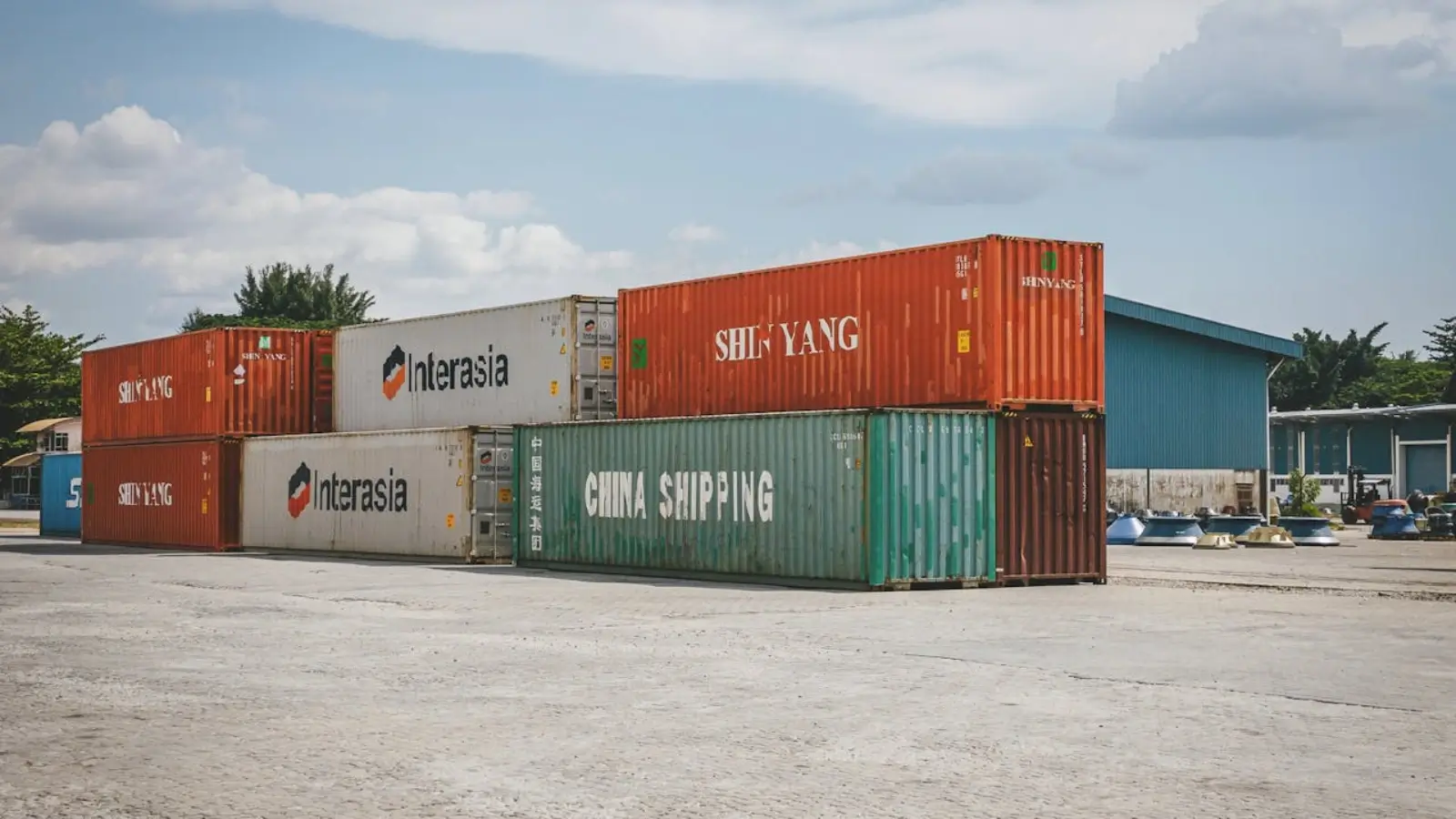


The way businesses manage their space and storage is changing rapidly. Traditional warehouse models and long-term facility leases don’t always fit the pace of modern industries anymore. Companies are looking for ways to scale operations efficiently, stay mobile, and cut unnecessary costs, all while keeping their assets secure and accessible.
This growing need for flexibility has given rise to smarter, more adaptable storage solutions. From temporary workspaces to portable inventory storage, businesses are embracing options that move with them. Whether it’s a construction site that shifts locations every few months or a small business that expands during seasonal peaks, the ability to adapt quickly has become a key competitive advantage.
Today’s forward-thinking companies understand that innovation isn’t just about technology. It’s about finding creative, practical solutions that make operations more efficient and sustainable.
More than ever, companies are realizing that storage doesn’t have to mean being tied down. The future is modular, mobile, and efficient, and one of the most innovative solutions leading that change is redefining what business infrastructure looks like.
When it comes to balancing cost, convenience, and durability, few options are as practical as shipping containers. These steel structures, once used solely for global transport, are now being repurposed as highly versatile business assets. If you’re looking for shipping containers for sale, you can find durable and customizable options that provide reliable storage and workspace solutions tailored to your business needs.
Businesses can benefit from their strength and longevity. Built to withstand harsh weather and heavy loads, containers are secure, weather-resistant, and low-maintenance. They also provide a great return on investment since they can be reused, relocated, and reconfigured as needs change.
What’s even more appealing is how customizable they are. You can modify them with shelving, climate control, security locks, or even doors and windows. Whether you need a short-term storage option or a long-term operational hub, this flexibility allows businesses to stay agile without committing to expensive permanent structures.
For many companies, modular solutions like these represent a future where infrastructure works for you, not the other way around.
The business world today thrives on adaptability. From e-commerce and logistics to construction and retail, companies must pivot quickly to meet changing demands. Flexible storage allows you to scale up during busy seasons, streamline operations during slower months, and move seamlessly between locations without significant disruption.
For example, construction teams can use portable containers to secure materials on rotating job sites. Retailers can store seasonal inventory close to their storefronts. Event planners can transport and store equipment between venues easily. No matter the industry, mobility and adaptability are now essential to keeping operations running smoothly and affordably.
Leasing or constructing new buildings can be expensive and often unnecessary. Flexible storage alternatives, like modular containers, help reduce long-term expenses by providing affordable, reusable infrastructure. Instead of being tied to fixed costs, you can scale up or down as your business needs evolve.
These containers also require little upkeep, which means fewer maintenance costs over time. Their durability ensures a long lifespan, making them a sustainable investment that supports both financial and operational efficiency. In an era where businesses must balance agility with cost control, this kind of solution checks all the boxes.
What makes modern modular solutions even more exciting is how they’re being used for more than storage. Businesses are transforming containers into creative workspaces, everything from mobile offices and pop-up shops to workshops and customer service hubs.
Customizable interiors allow for insulation, lighting, ventilation, and branding. You can design these spaces to match your workflow, creating comfortable, functional environments wherever you need them. This level of adaptability empowers you to take your business closer to customers or operate efficiently on-site, without waiting for long construction timelines or expensive build-outs.
The integration of technology is taking flexible storage to new heights. Businesses can now equip modular units with smart locks, cameras, and temperature sensors that connect to mobile devices. It enables remote monitoring, security alerts, and inventory tracking in real time.
For logistics and e-commerce operations, this kind of visibility means fewer delays, reduced loss, and greater control over assets. Technology turns static storage into an active part of your business strategy, one that helps optimize efficiency and safeguard your investments.
Sustainability has become a driving force behind business decisions, and modular storage supports that goal beautifully. Repurposing shipping containers reduces waste, minimizes the need for new construction materials, and supports a circular economy.
By giving existing containers a second life, companies can cut down on their carbon footprint while still benefiting from strong, long-lasting infrastructure. This approach is not only eco-friendly but also aligns with the growing demand for responsible and environmentally conscious business practices.
Customers increasingly prefer brands that prioritize sustainability, and investing in reusable, repurposed storage helps reflect those values authentically.
In a fast-paced market, the ability to move operations quickly is a valuable asset. Portable storage allows businesses to take their infrastructure wherever it’s needed, from urban job sites to rural projects. This flexibility ensures continuity even in unpredictable circumstances, such as supply chain disruptions or sudden location changes.
Whether you’re expanding into a new region or temporarily relocating for a project, portable units let you maintain consistency and control over your operations. They’re easy to transport and set up, helping businesses stay productive without major downtime.
Flexibility doesn’t mean compromising on safety. Containers are designed for strength and longevity, protecting valuable equipment and inventory from weather, theft, and damage. Their solid steel structure makes them a reliable choice for long-term use, even in demanding environments.
Businesses that rely on high-value assets, such as machinery, supplies, or documents, can trust these units to offer protection and stability. Combined with modern locking mechanisms and monitoring systems, they provide a level of security that matches or exceeds traditional storage options.
Looking ahead, the future of flexible storage lies in innovation, combining mobility, sustainability, and smart technology. Businesses are already experimenting with solar-powered containers, automated systems, and integrated logistics hubs.
These advancements will make storage not just practical but strategic, allowing companies to use space more efficiently, operate more sustainably, and stay ahead in a competitive market. In the coming years, we’ll likely see modular systems become a cornerstone of how businesses manage operations, from startups to global enterprises.
If you’re considering adopting flexible storage, start by assessing your operational needs. Think about your space requirements, mobility, and security priorities. Look for customizable solutions that fit your business model, and partner with professionals who can guide you through selecting and setting up your containers effectively.
Prioritize quality, durability, and support, the best storage solutions aren’t just quick fixes but long-term investments that grow with your business.